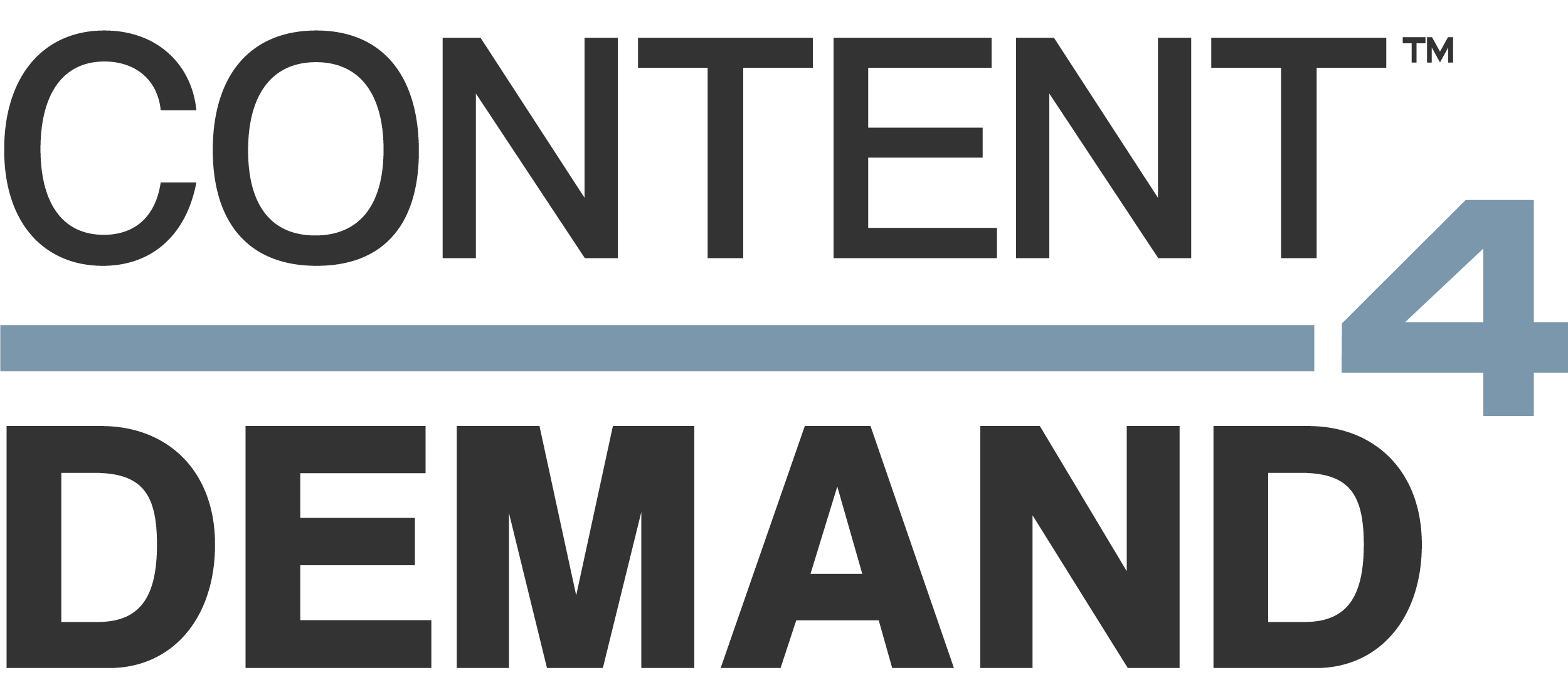On average, Americans spend 24.3 minutes driving to and from work each day. This may not seem like much, but it adds up to more than 100 hours of commuting time each year — time you could spend engaging your buyers.
If that’s not enough for you to consider the power and potential of podcasts, consider this: Buyers’ evolving content preferences show us that sometimes they prefer to listen to insights over diving into page upon page of content. In fact, 72% of buyers prefer video and audio content that they can access on demand, according to the 2016 Content Preferences Survey from Demand Gen Report.
I chatted with Devin McDonnell, our Director of Demand Generation and in-house podcast aficionado, to find out why podcasts are valuable to B2B brands. Here are a few things that came out of our conversation:
- They allow your audience to multi-task: We’ve seen the research that says buyers are time-starved but still eager to learn about industry solutions and best practices. With podcasts, you can continue to educate and engage your target audience without pulling them from their to-do lists and daily workload.
- They show a new dimension of your company: When we create content, our goal is to spotlight our brand positioning and unique value propositions while addressing buyer needs, questions and concerns. But sometimes, it’s good to show your audience a more intimate side to your company. Podcasts allow you to bring in your company’s “cast of characters” and show off their unique personalities, perspectives and experiences.
- They help you tell complex and detailed stories: A great story is always the foundation of great content. And sometimes, those stories are complex. It is far more effective to tell those stories than it is to write them out. Podcasts allow you to do just that.
Like any other content format, you research your buyers’ preferences and refer to your personas to determine whether your target audience either listens to podcasts or is interested in listening to podcasts.
7 Tips for a ”Serial”-Worthy Podcast
The cult-like following of NPR’s Serial accelerated interest in podcasts. Garnering millions of downloads, the audio series uses real people, real stories, strong investigative skills and hard facts to captivate listeners.
Once you decide to dive into the podcast pool, there are a few tips you can take from Serial as you build and refine your strategy:
1. Identify your goals, and be true to them: For Serial, the goal is to focus on one story over the course of an entire season while examining specific controversies and mysteries to uncover the truth. For example, season two focused on Bowe Bergdahl, a U.S. soldier who was a prisoner of the Taliban for five years. The entire season focused on the chain of events surrounding his rescue and what happened when he returned home. Most of all, it tells Bergdahl’s side of the story. While you may not be doing an investigative podcast of this caliber, you should establish similar goals by answering the following questions: What do you hope to achieve with this podcast? Do you want to build a loyal following? Do you simply want to engage your audience, educate them or drive advocacy? How do you plan to use this podcast as part of your overall marketing strategy?
2. Always keep your audience in mind: This goes for all facets of your podcast planning and creation. Serial does a great job of not talking above the readers. Its producers know that people of all ages and walks of life want to enjoy the series, so they don’t go too heavy into political or legal jargon. The content flows like a normal conversation rather than a scripted piece. What would your target audience want to learn from a podcast? What issues or trends matter most to them? What is the most effective way to address these points? These are just some of the questions you should be asking. Then, make sure you answer them and tell your story in a personable yet succinct way.
3. Know what your peers are doing…and differentiate: With podcasts becoming a more popular medium, many businesses are trying to hop on the bandwagon. Do some homework before you join them. Once you have an idea of the topics you want to focus on and the approach you want to take, do a quick competitive analysis of podcasts in your field. What do they bring to the table? How are their episodes laid out? Do they conduct Q&As with experts, focus on news updates and trends, or present an episodic story? When you know what your peers are doing, you can find potential opportunities to stand out.
4. Incorporate audience feedback: This could mean tracking social comments and sentiment to uncover potential topics, or producing an entire segment where you answer questions from your listeners. Either way, encouraging your subscribers to share feedback and outlining how that feedback will be used shows them that you care about what they have to say and that you want to make the podcast valuable and relevant.
5. Get your friends involved: Much like incorporating audience feedback, this step can be approached in a variety of ways. For one, you can turn to your peers and industry influencers to determine topics and the overall structure of your podcast. You can also onboard them as potential guests on your show. This is a great way to add a new voice to the mix and engage with an influencer’s large following.
6. Be consistent: It may take a few months — even a year — to build a strong following for your podcast. That’s why it’s so important to be consistent. If you’re just testing the medium to see how your audience responds, it’s okay to start small. Try a monthly or biweekly podcast. After six months or a year, you will have the subscriber and engagement data you need to help you decide whether you should ramp up your schedule.
7. Get the word out: To drive subscriptions, engagement and feedback, you need to let likely listeners know your podcast is available. Use a combination of paid, earned and owned promotional channels to educate them about the series, the value it brings and what you’ll touch on in each episode. And of course, provide a seamless call to action that allows your followers to easily subscribe.
Podcasting presents a new and entertaining way for B2B marketers to tell stories and share their unique experiences and insights. With so much content flooding the web, it is a highly effective way for you to connect and resonate with customers and prospects.
Has your company added podcasting to its marketing toolkit? We’d love to hear your stories and experiences in the comments section below!




